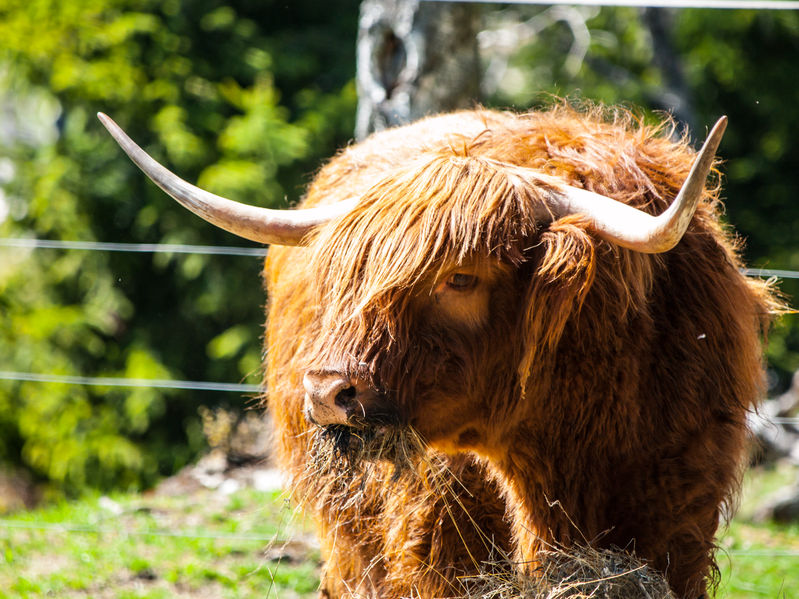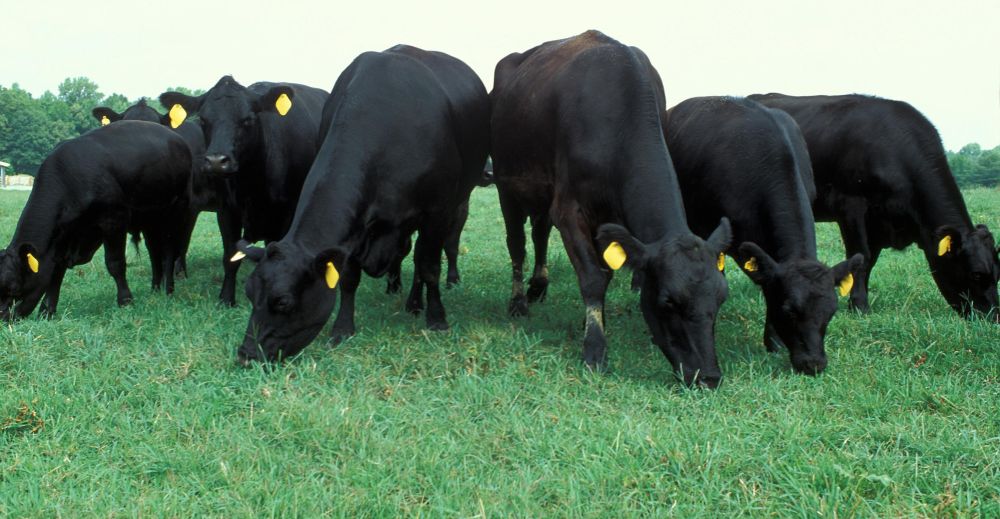
Scotland’s farmers and crofters have united with the nation’s meat processors to highlight the importance of non-UK labour to Scotland’s iconic red meat sector.
With an estimated 50 percent of the workforce in some of Scotland’s abattoirs and meat processing plants thought to be non-UK, NFU Scotland and the Scottish Association of Meat Wholesalers (SAMW) are jointly calling on the UK government to provide assurances on their status now to provide stability going forward.
With the UK voting to leave the EU, both bodies are adamant that decisions need to be taken now rather than waiting months or years for the Brexit process to commence and conclude.
NFU Scotland’s livestock chair Charlie Adam, a beef farmer from Aberdeenshire, met Frank Clark, Senior Vice President of SAMW, to discuss the risks to Scotland’s meat trade if supply of non-UK labour is cut off after the UK leaves the EU.
Speaking after the meeting, Charlie Adam said farmers involved in the Scottish livestock sector need a "healthy, efficient processing" sector to keep the Scottish meat industry and the Scotch brand "growing and moving forward."
"And ongoing access to non-UK staff are a crucial part of that," Mr Adam said.

'Employment vacuum'
“While the timetable for Brexit remains to be defined, it is essential our abattoirs and processors don’t operate in an employment vacuum.
"Without a clear Government-led employment strategy for non-UK staff identified at an early stage in the process, we will see our abattoirs struggle to function.
"We are calling on the Government to ensure that abattoirs are not cut off from recruiting appropriate staff from outside the UK.
"These are permanent jobs and many of them are highly skilled.
"We have an industry in Scotland which provides top quality meat from farm to plate, but to keep this up we need the right people working in our red meat chain," concluded Mr Adam.
'Vital contribution'
SAMW Senior Vice President Frank Clark said non-UK employees are currently making a "vital contribution" to the "efficient and effective operation" of the Scottish red meat processing sector.
"In some plants, the non-UK workforce accounts for 50 percent of total employment numbers," said Mr Clark.
"It is clearly crucial that business owners are able to plan their future employment, training and development strategies with the confidence that their current workforce, UK and non-UK staff alike, will continue to be available to them on a long-term basis.
"In total, the Scottish red meat processing sector provides direct employment for approximately 2700 people, while supporting many more downstream businesses and jobs, including additional non-UK staff.
"The potential loss of up to half our processing workforce, or even two years of confusion concerning the status of that workforce, would seriously damage the Scottish red meat sector’s ability to compete on the world stage, substantially reducing the industry’s contribution to the Scottish economy.
"Our request to Government, therefore, is for clear assurances of long-term UK status to be given to our non-UK workforce.
"We also request that such assurances are provided now, not in two years’ time, or more. Failure to provide such assurances will damage the industry by stalling investment and undermining our existing and highly valued workforce. This must not be allowed to happen," concluded Mr Clark.
